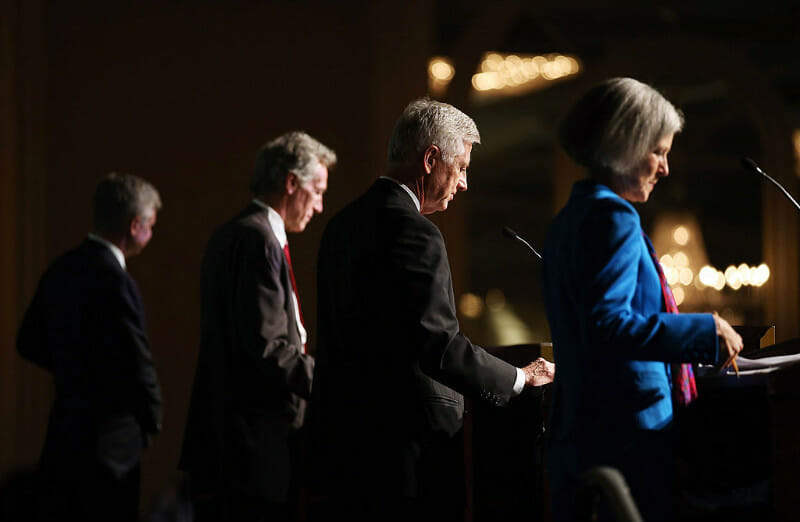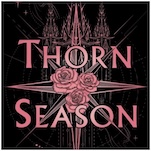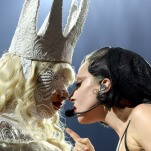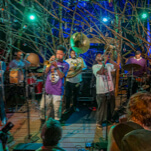America’s Next Party System: The End of the GOP and the Rise of Progressivism
Photo by Scott Olson/Getty
I was in college when I first became acquainted with the concept of political realignments and the party systems model. My professor had the class reading the widely renowned work of political scientists Walter Dean Burnham and A. James Reichley.
The idea is fairly simple: American politics goes through decades-long cycles known as realignments wherein one party system changes into another following a critical election where the incumbent party is utterly rejected by the electorate, and the non-incumbent party is ushered in. Such elections typically come about when there is a major unaddressed issue.
Altogether, political scientists generally agree that there have been six U.S. party systems—the most recent dominated by the Republican Party, which capitalized on the southern backlash to the Civil Rights Act and Voting Rights Act in order to sell the economic ideas of Milton Friedman.
Today, we may be on the cusp of a seventh system; The GOP is on the verge of collapse, and the Democratic Party is splitting.
In a speech at the Republican National Convention, GOP pollster Frank Luntz, said the following of the party’s prospects with the millennial generation:
We have lost. It’s not like we are losing, we have lost that generation. And I don’t care if you are a Democrat, Republican, independent, none of the above. The fact that 58 percent say socialism is the better form of economics..a whole generation is being taught by professors who voted for Bernie Sanders.
Ever the analyst, Luntz’ warning was based on his own research of 18 to 24 year-olds. As The Intercept reported in February, the pollster found that millennials are far more liberal than their parents—their “favorite” political figure being Bernie Sanders. A majority preferred socialism to capitalism, and their top concerns (in order) were corruption, greed, and inequality.
What is truly unique about these voters is that they are devoid of confidence in our political system. A poll by Mic from July 2014, of 666 people under 34 revealed that the words they most associated with our system were “corrupt,” “fucked,” and “broken.” For the party that has been dominant for the last 40 years, this situation does not bode well.
Therein lies the problem for the GOP in attracting younger voters. With the country facing the greatest wealth disparity since the Gilded Age, and the hands of government tied due to the largely unfettered influence of special interests, the Republican Party seems content to let “freedom” take its course—which means inaction and little oversight by government.







































